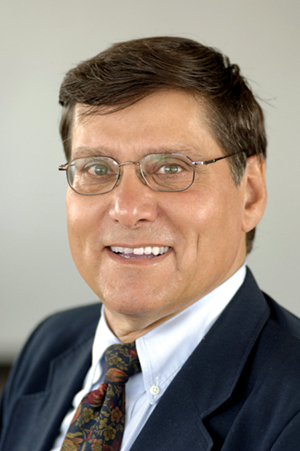Picking judges is no easy matter.
Ask Quebec Premier Jean Charest what he went through 15 months ago when his former justice minister, Marc Bellemare, announced publicly that Liberal party fundraisers had influenced the appointments of three judges back in 2003 and 2004.

Bellemare said he was forced against his will to recommend the appointments. They were strong accusations indeed.
It took eight months and an inquiry by former Supreme Court justice Michel Bastarache to clear Charest while countering the damage done to the reputations of the judges Bellemare had identified.
We know now that our judicial selection process is fraught with dangers. We didn’t need the Bellemare controversy to tell us that.
Six years ago, for example, Prime Minister Stephen Harper decided he should let Vic Toews, his justice minister at the time, pick the candidate for a seat on the Supreme Court bench. Harper should have known better.
Toews picked his old law school professor at the University of Manitoba, Marshall Rothstein. He’s a good enough judge. But he unfortunately doesn’t speak French.
Of course, there are lots of bilingual judges in Manitoba. But the move must have made perfectly good sense for Toews, whose own grasp of French leaves a lot to be desired.
But the appointment brought no end to problems ever since that now require shuffling Rothstein away from French-language cases or resorting to translations when judges chew over judgments that involve complicated matters in French.
Imagine a unilingual French-speaking judge trying to sort out the complexities of a big Toronto real estate case where everything is in English and, as a result, having to depend on translations from either a court-appointed translator or colleagues on the bench.
If judges can struggle for hours over a comma, imagine what they do with a whole sentence, especially when it’s in a language they don’t understand.
The Rothstein affair taught Harper a lesson. When it came time for his second appointment, he made sure he picked somebody who understood both official languages: Thomas Cromwell of Nova Scotia. That solved the problem.
We’re somewhat fortunate in this country. In the United States, the Supreme Court fights over all sorts of things that have never been a problem here in Canada. Abortion hasn’t been an issue here since 1989.
Canada, in fact, is the only modern country in the Western world that has no abortion law. Apart from hardline zealots, there’s no great hue and cry to have one.
Gay rights do come up before our court, but unlike south of the border, there’s an end to the debate in that forum once the matter is settled.
Possibly the biggest provincial rights test our Supreme Court ever dealt with was Quebec’s ability to separate from Canada and how to handle that in a legal manner.
The Supreme Court settled it and the decision still stands. There’s some grumbling, but at least Canada didn’t have to resort to a civil war to deal with the matter.
Our court doesn’t divide on political or geographic lines. We don’t have Liberal or Conservative justices on the Supreme Court bench.
There’s one controversy, however, that keeps coming up. With Harper about to appoint two new judges from Ontario to fill the seats occupied by two bilingual justices, you’ve probably already guessed what it is.
The issue keeps arising in Parliament. Yvon Godin, the feisty NDP MP, has been fighting hard to have Parliament adopt a law ensuring that the nine judges at the top court are bilingual.
This means thousands of lawyers and judges who haven’t been able to master a second official language will find themselves left off the short list of Supreme Court candidates. But it also means many others who are bilingual are in line for a chance at the top job.
There was a time when the only bilingual judges to be found were in Quebec or Ontario. But all of that has changed. Many immersion graduates are in law school now and soon they’ll be hanging shingles and eventually working their way up from one court to another.
But what about those older unilingual lawyers and judges who never learned the other language? Godin’s answer is that the Supreme Court wasn’t set up to provide jobs for judges.
Godin’s private member’s bill made it all the way through the House of Commons during the last session. But after Harper’s Senate colleagues blocked it, it died on the order paper when the general election was called. Godin hasn’t given up and is trying again. He’ll be at it in the fall.
If Harper caves and brings in legislation requiring all nine future Supreme Court judges to be bilingual, there will be a hard core of angry unilingual lawyers and judges, some of whom voted for the Conservatives in the recent election.
But then again, Harper could make a move that would endear him to many of the 17 per cent of Canadians who are bilingual. As an alternative, he could keep on appointing bilingual judges as he did the last time without making it a law.
But is that promoting bilingualism, something he’s required to do under the articles of the Official Languages Act? It will be a tricky decision for him either way.
Richard Cleroux is a freelance reporter and columnist on Parliament Hill. His e-mail address is [email protected].

 Bellemare said he was forced against his will to recommend the appointments. They were strong accusations indeed.
Bellemare said he was forced against his will to recommend the appointments. They were strong accusations indeed.